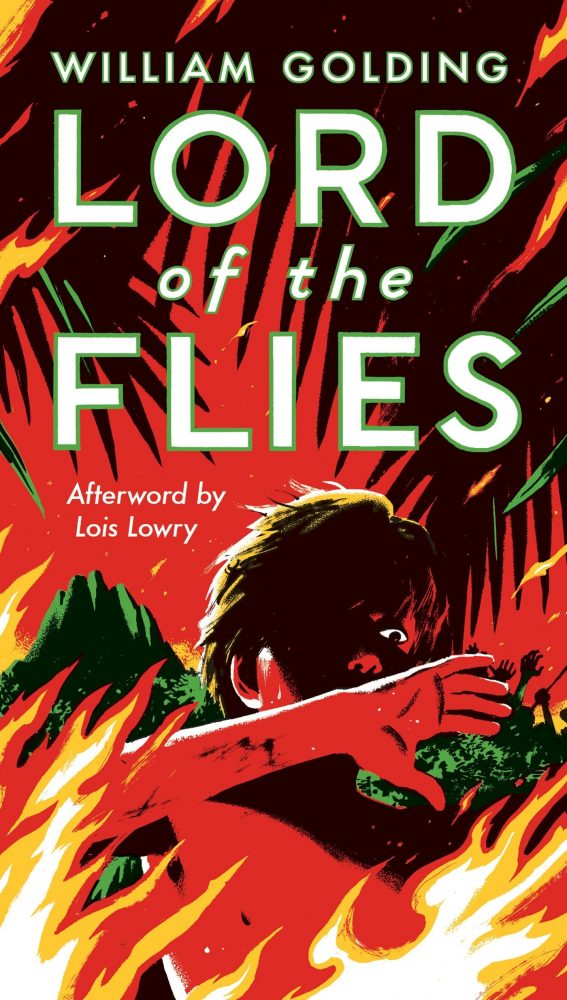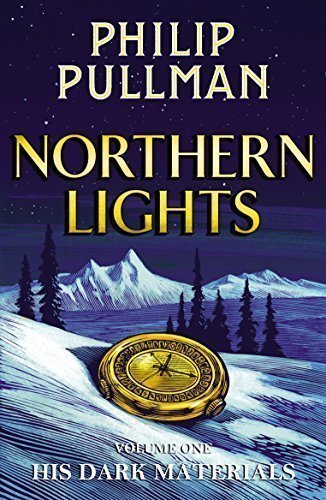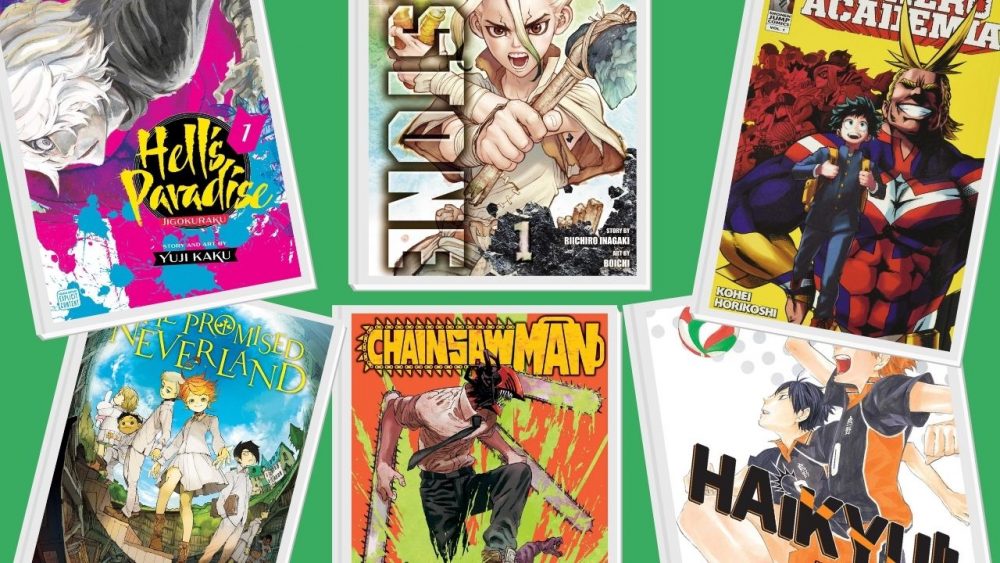Harry Potter and the Philosopher’s Stone was released when I was seven years old. It took the world by storm, turning children into bookworms and bestowing the magic of reading onto an entire generation. Not me, though. I didn’t understand books.
At age seven I’d just gotten my PlayStation. I had no friends. I was fat. I was lonely. And video games were my solace and my comfort. Not books. I was a late reader, to say the least. I always thought of books as movies without the music and the set design and the costumes, and who wanted that? They were stories you couldn’t interact with. In that way, I was naive to the power of my own imagination.

If I didn’t know what a character looked like — through an illustration, an actor’s voice or a character’s movement and behaviour — how could I ever be entertained by them? I would overhear other kids talking about how funny this one page of a Roald Dahl book was or how dumb Ron Weasley was, and I’d think to myself: How can silent voices be funny? There’s no tone, no accent, no inflection.
My parents didn’t read either. They still don’t. In fact, the only reading material we had in the house was the Daily Mail, the U.K.’s most popular and toxic right-wing tabloid. In other words, I grew up in a bookless household. Sadly, too, none of my teachers were bookish.
In U.K. primary schools, one teacher handles all the subjects, and a passion for books was completely lacking in every grade. On World Book Day, we’d be given tokens for a free book, and I’d honestly have no idea what to do with them.
Fast-forward to age 23, and I’m a newly-qualified high school English teacher – a former lazy teen turned bookaholic adult by way of a brief fling with acting and theatre. I was doing my best to convince angry and hormonal teenage boys that reading is great — how books can help you find solace and comfort; teach you empathy; expand your imagination.
When one lad asks me how I got into reading, I have to pause. Do I tell him a lie? That I grew up devouring books? That, when the other boys were outside playing football, I was curled up under a tree with a good book? No. I opted for the truth instead.
I told him that I was a sad, lonely child who spent his days hidden away playing Final Fantasy IX (still my favourite game) on my PS1. The student laughed and asked me how I ended up as an English teacher. Well, I said, I had my own teacher to thank for that.
I don’t know what happened to Mr. Bradley. I heard he quit teaching shortly after I graduated. He was a charming man with a northern accent — he sounded like Ned Stark — and hardly any of my classmates actually liked him. I never understood why.
To me, he was like a cult leader. I hung on his every word. I confess now that this might have been a testament to the pathetic lack of enthusiasm amongst my teachers until this point, or (speaking as an ex-teacher myself) the British education system’s alarmingly efficient ability to sap any pre-existing passion from its teachers after only a few years on the job.
Whatever the case, ol’ Bradders had passion to spare. He spoke of Macbeth’s greed like the Thane of Cawdor was a son he was berating. He discussed the homoerotic themes of A View From The Bridge like it was a scientific revelation. With nothing but enthusiasm and a lot of engaging body language, he managed to have me captivated by the stories he picked apart. He transformed me as a student.
Read More: Travelling With Depression and Anxiety
Until I met him, I had drifted through school acquiring Bs and Cs in every subject. I was 15 and had no idea what I could do for a career. As a child, the first job I remember wanting was to be a video games journalist.
To that end, I’d always taken special care when learning proper grammar and correct spellings. I enjoyed writing immensely. I loved the self-expression it offered and how the written word gave me a means of describing, analysing, and relating information. And yet, not a single English teacher had ever inspired me to pick up a book.
Suddenly, though, I was 15, riddled with acne, still chubby, and walking into a new class with a new teacher. He’d be the guy to carry me through my GCSE exams, to the end of high school, and beyond. These two years were the most impressionable ones.
After this, it was university and then the wide world of jobs and taxes. And if it hadn’t been for him, hell, I don’t even know. We were studying Macbeth, and Mr. Bradley was talking about symbolism. I still remember everything he said to the point that I parroted half of it to my own students eight years later when I taught Macbeth myself.
I remember, for example, a moment when the the Weird Sisters are gathered around a cauldron and casting a spell. Mr. Bradley here started talking about the image of the ouroboros – the snake devouring itself – as a symbol of life and death. This became a tangent about the similar meaning of the wedding band: an eternal cycle of love between two people.
He did this a lot. He went on tangents that linked literature to history, philosophy, politics, and modern life. He showed me that novels, poems, and plays were intrinsically and inescapably linked to the world around us. That stories were nothing complicated or unrelatable; rather, that literature reflects life. He couldn’t help but marvel at this himself, and in turn instill that same fascination in me.

After Macbeth came Lord of the Flies and all of these crazy questions regarding religion, politics and philosophy started flying around. I had no idea that books could be anything more than dull stories I didn’t care about.
As I mentioned earlier, until Mr. Bradley came along I had thought of books only as movies without any of the engaging sensory parts. I couldn’t understand how they could possibly be funny. But I trusted him. And when he told our class one day that The Hitchhiker’s Guide to the Galaxy was the funniest book he’d ever read, I believed him.
I still didn’t know how a book could be funny, not really, but I was eager to find out how. The door into the world of literature – one that would change my life – had been opened.
I know now, looking back, that what we all need is an emotional connection that allows us to stop and listen. When we meet people with, shall we say, unpleasant views regarding race, women, religion, whatever the topic, that forming an emotional bond with this person is what gives us the best chance of getting them to listen and, as a result, open their mind to change.
I spent my life believing that books couldn’t hold anything of interest for me. Trusting Mr. Bradley’s love for books and connecting with him – that one teacher who cared about his subject and about stories – instilled in me the trust in him to change my mind.
Read More: Why We Should Read More Translated Literature
And so, as I and my classmates read Lord of the Flies, with Mr. Bradley’s words about Jack’s alpha male tribalism and Simon being an allegory for Jesus bouncing around in my head (the image of Simon wearing a Jesus-like natural halo has been forever burned into my mind: “Surrounded by a fringe of inquisitive bright creatures, itself a silver shape beneath the steadfast constellations, Simon’s dead body moved out toward the open sea.”), I found myself utterly rapt.
I built the island around me in my mind – I could smell the flowers (which were sweet like tropical fruits), hear Piggy’s annoying voice (which was nasal, tinged with a cockney twang), feel the sand between my toes (coarse but heated by the equatorial sunshine).
I was more lost in this world that was being narrated to me than I’d ever been in a video game where I literally was the protagonist. How had this happened? I’d found a book that I understood, and that understood me. I’d found a teacher to whom I could relate and whose enthusiasm I could feed off.
If you grew up without books in your house, as I did, it’ll take time for you to understand what it is that so many people seem to value about a good novel. And that’s fine! Every woman and man can learn to love reading at whatever age and in whatever way they feel like. It just takes a guiding hand and the right book.
Even Mr. Bradley and Lord of the Flies didn’t completely do it for me. It took a few more months for me to find myself in a chat with a few friends where I asked them to recommend me a more modern book, something with a bit more adventure to it.
A mate said he was a fan of Northern Lights, and that I should “get on it quick because it’s being made into a film soon”. Well, I devoured that book and its sequels. I cried my eyes out at the end. I cried for hours.

Today I’m an ex-high school English teacher and a newly-fledged freelance writer. I write about books for my own blog. I met my partner at a job interview where we both got lost in a chat about the stories of Neil Gaiman and how well Game of Thrones was adapting the A Song of Ice and Fire books (little did we know how it would all turn out). Literature has led me to a wonderful life I didn’t even think I deserved.
I read a study a few years ago that explained how reading good fiction increases your powers of empathy. Reading books from other people’s perspectives – be it class differences, race, religion, nationality – can lessen your biases, and allow you to appreciate other people in a way that reading the news or even travelling the world can’t do.
That’s why my own work is all about translated fiction. But I first learned that truth about empathy for myself when I met Lyra in Northern Lights. I fell in love with her in almost the same way I fell in love with my partner eight years later. Good writing can change your very soul.
Some kids grow up knowing that. Their parents and their teachers instil it into them. That didn’t happen to me, and it doesn’t happen to a lot of people. But that’s okay. You learn it eventually. And, when you do, it changes everything. I spent my childhood frowning at kids who got sucked into books – looking at them like they’d grown a second head – but once I was guided to the joys of reading for myself, I came to believe that a good book could end wars.



